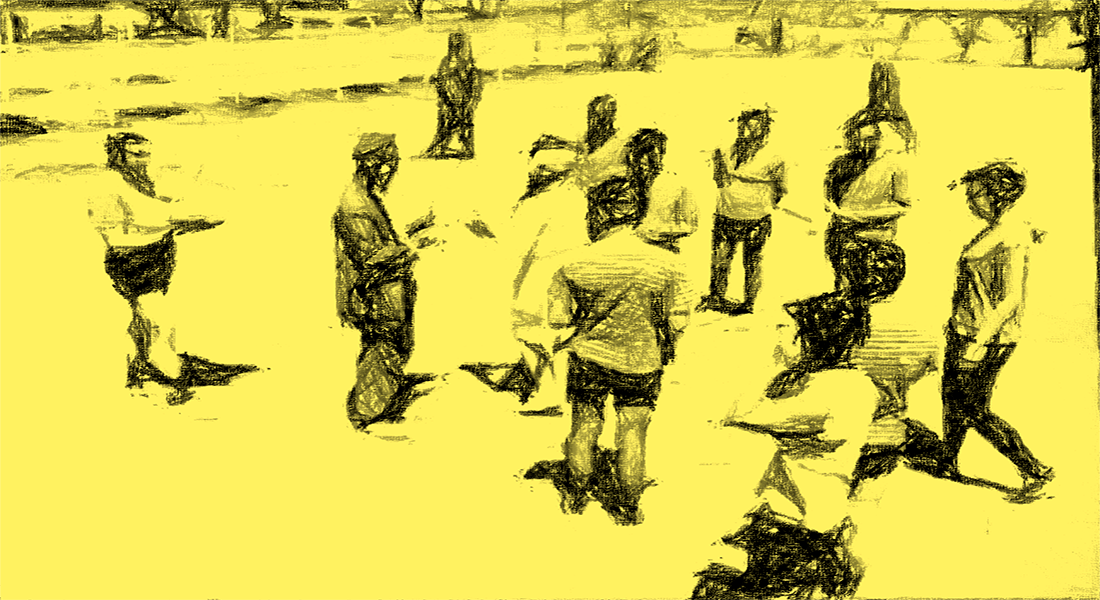The semantics of "community" in the development of mental health policy
Tracing socialist, authoritarian and neoliberal affinities in Chile
Mental health policy is the dynamic outcome of intersecting forces such as therapeutics and pharmacological changes, social movements, public sensitivities, and normative shifts. A complex yet crucial term in this tapestry is "community", simultaneously a target of preventive interventions, a source of care and support and a model of spontaneous, healing social interactions.
 This lecture will trace the semantic evolution of "community" in Chile's mental health policy, exploring how the idea persisted and adapted to radically opposed ideological scenarios, including socialism, dictatorship, and neoliberalism.Drawing from an in-depth examination of the transformations of a psychiatric asylum during the 1980s and 1990s, the presentation will focus on how "community" was interpreted and operationalised across four distinct moments. 1965-1973: Community as a force for the transformation of psychiatry and society in Juan Marconi's "Cultural Revolution in Mental Health programmes"; 1980-1990: Community as imitation, protection and complicity under authoritarianism in El Peral Asylum's "Protected Commune Experience"; 1990-2001: Community as a (only a) Sanitary Resource in the First and Second Mental Health Plans; 2001-2019: Community as an expert epistemic domain in the Community Mental Health Network initiative. The lecture will argue that "community" operates not just as a geographic or intersubjective "realm" or "source" but as a "horizon of expectations" in mental health policy, de-paradoxifying conflicting aspirations by temporalising them towards a not-there-yet. This productive ambiguity explains its endurance across mental health vocabularies and reformist discourses.
This lecture will trace the semantic evolution of "community" in Chile's mental health policy, exploring how the idea persisted and adapted to radically opposed ideological scenarios, including socialism, dictatorship, and neoliberalism.Drawing from an in-depth examination of the transformations of a psychiatric asylum during the 1980s and 1990s, the presentation will focus on how "community" was interpreted and operationalised across four distinct moments. 1965-1973: Community as a force for the transformation of psychiatry and society in Juan Marconi's "Cultural Revolution in Mental Health programmes"; 1980-1990: Community as imitation, protection and complicity under authoritarianism in El Peral Asylum's "Protected Commune Experience"; 1990-2001: Community as a (only a) Sanitary Resource in the First and Second Mental Health Plans; 2001-2019: Community as an expert epistemic domain in the Community Mental Health Network initiative. The lecture will argue that "community" operates not just as a geographic or intersubjective "realm" or "source" but as a "horizon of expectations" in mental health policy, de-paradoxifying conflicting aspirations by temporalising them towards a not-there-yet. This productive ambiguity explains its endurance across mental health vocabularies and reformist discourses.
Bio
Cristian Montenegro is a Postdoctoral Research Fellow at the Wellcome Centre for Cultures and Environments of Health, University of Exeter. He is a health sociologist with a background of professional, academic and advocacy work on mental health policy. His research encompasses mental health and human rights, psychiatric deinstitutionalisation and reform, and service-user engagement and co-production in mental health policy, mainly focusing on South America and the Global South. He is an adjunct researcher at the Millennium Institute for Research on Depression and Personality and a visiting professor at the Mental Health Programme of the School of Public Health, Universidad de Chile.
Map of South Campus
View directions.
View on map of the Faculty of Humanities - South Campus.
View map of South Campus (pdf).
